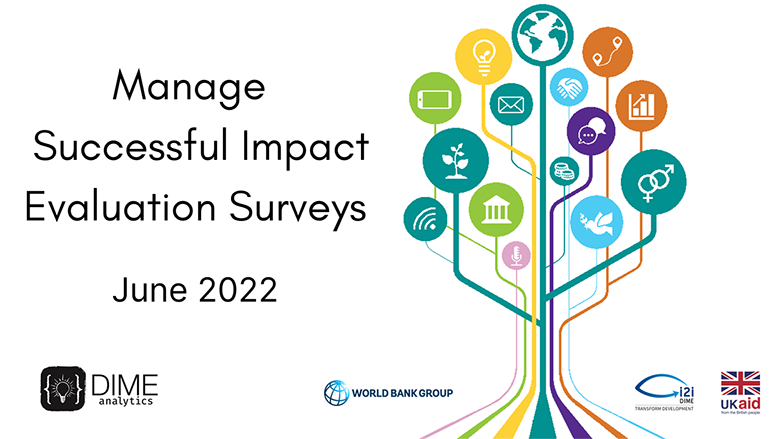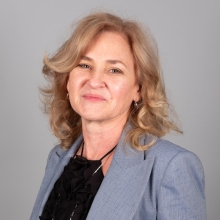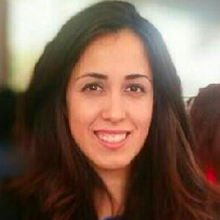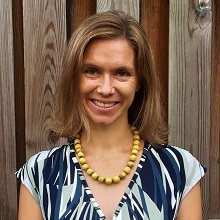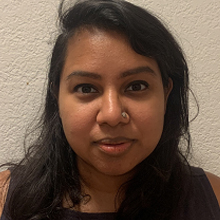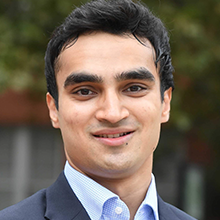The virtual Manage Successful Impact Evaluation Surveys (MSIES) course teaches the workflow for primary data collection. The course will cover best practices at all stages, from planning a survey to piloting survey instruments and monitoring data quality once fieldwork begins. There will be a strong emphasis throughout on research ethics and reproducible workflows.
This self-paced course will run for three weeks—from June 6 to June 24, 2022. All live sessions will be held the week of June 6th, and then participants will have two weeks to complete all course materials and quizzes. The course is designed for World Bank employees, development practitioners, and public servants involved with primary data collection for research or monitoring and evaluation. MSIES specifically focuses on surveys for impact evaluation, project monitoring, or other research purposes, typically implemented by private firms (differentiated from national statistics surveys).
The course will use a combination of pre-recorded lectures, live Q&As and panel discussions, case studies, readings, quizzes, and practice exercises. While this course does not require any previous technical or software programming knowledge, the hands-on exercises will include optional activities for participants that wish to improve their survey programming or statistical software skills.
Through this course, participants will learn to:
Plan for and prepare a successful survey
- Design high-quality survey instruments
- Effectively train surveyors (including remote training)
- Monitor survey implementation and ensure high-quality data
- Handle confidential data securely
Registration for the course is open through May 31, 2022 through this link.
